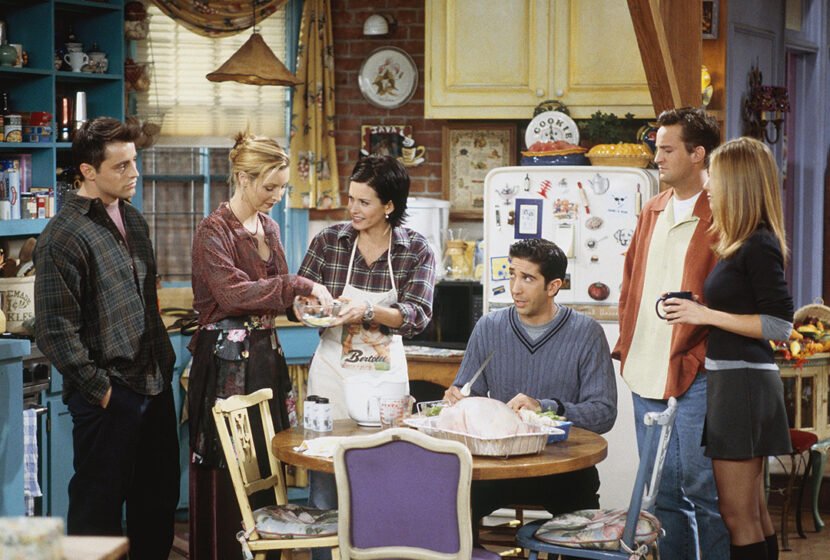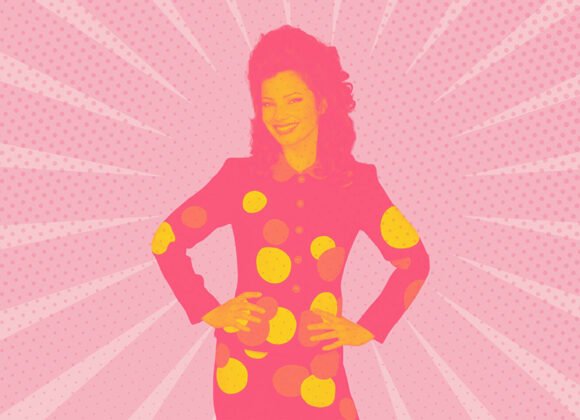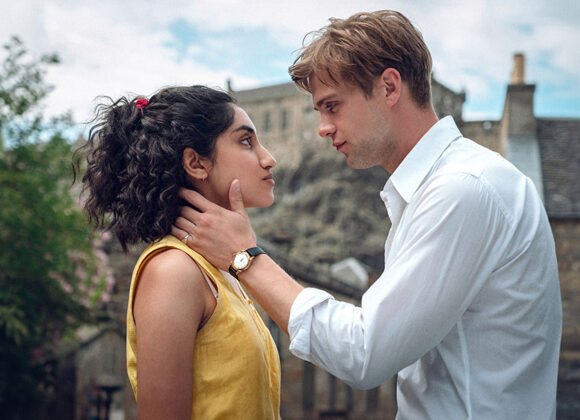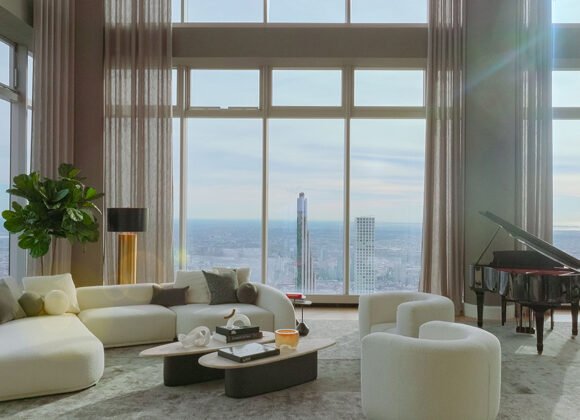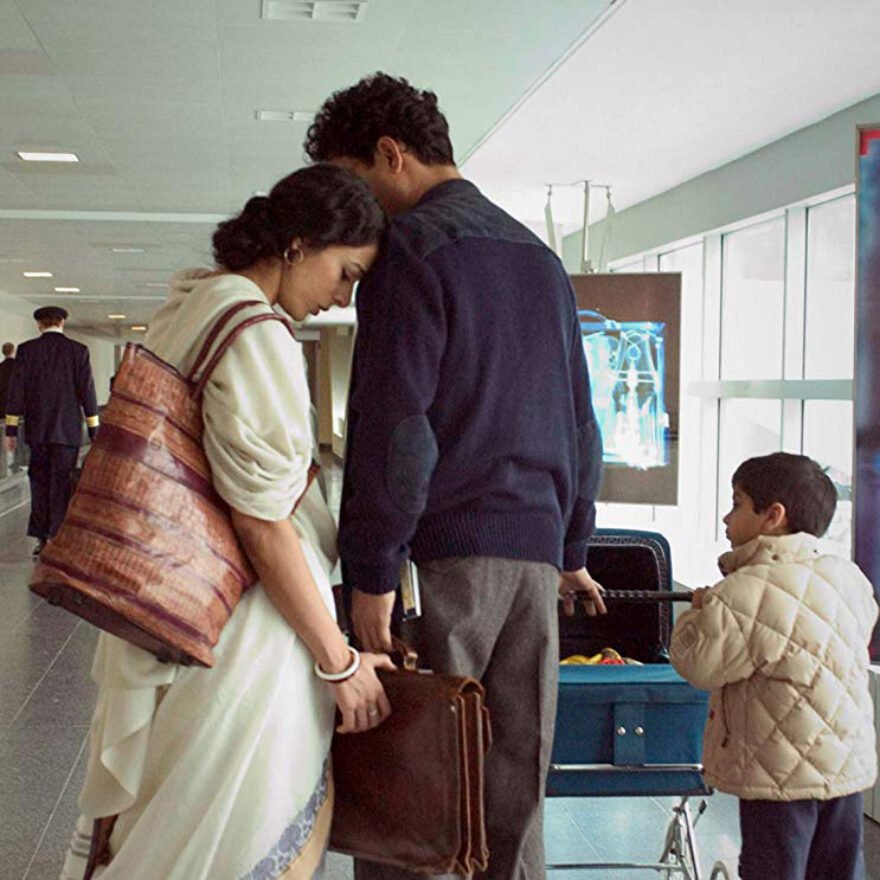Let me be honest: Friends is not a show that looks like my life. It’s impossibly white. Everyone has suspiciously large apartments. And somehow, no one seems to have a real job until season 6.
But growing up as a gay Indian immigrant in New York City? That show was a lifeline.
My Emotional Support Sitcom
When I moved to the U.S. as a teenager, everything felt strange—school, slang, Subway sandwiches. I didn’t always get the references or know what to wear. But I knew how to laugh. And Friends gave me that—22 minutes of predictable, familiar chaos where no matter how bad things got, Monica was still neurotic, Joey was still hungry, and life always worked itself out by the credits.
It wasn’t just background noise. It was comfort. A world where people showed up for each other. Where chosen family mattered. Where your worst day could be turned into a running joke.
The New York That Wasn’t, But I Wanted Anyway
The NYC in Friends was, let’s face it, a delusion. But for someone new to this country, it was the right kind of delusion. I wanted that coffee shop. I wanted spontaneous hangouts and inside jokes and knowing glances across the couch.
In a city where I often felt like I was fading into the crowd, Friends made adulthood in New York feel like something I could reach for—messy, ridiculous, joyful.
Seeing Myself… Kind Of?
Let’s address the elephant in the Central Perk: Friends wasn’t diverse. Like, at all. I didn’t see anyone who looked like me or had parents like mine or juggled the same cultural confusion I did. But I still saw pieces of myself in the awkwardness, in the relationships, in the desperate attempts to figure life out.
Ross questioning his career, Chandler overcompensating with sarcasm, Rachel learning how to adult—those weren’t just plotlines. They were moods. Especially for someone trying to piece together an identity from two very different worlds.
Why It Still Hits
To this day, I know the episodes by heart. I quote them mid-conversation. (Sorry to everyone who’s ever had to hear me say, “They don’t know that we know they know we know!”) But more than that, Friends gave me a tiny, hopeful script: that life in a new country could be more than just survival—it could be funny. And shared. And maybe even mine.
TL;DR: Friends didn’t reflect my reality, but it gave me something better—a blueprint for belonging. For immigrants like me, it wasn’t about seeing ourselves perfectly represented. It was about feeling less alone in the chaos. And that’s why, even now, when the world feels overwhelming, I still press play.

